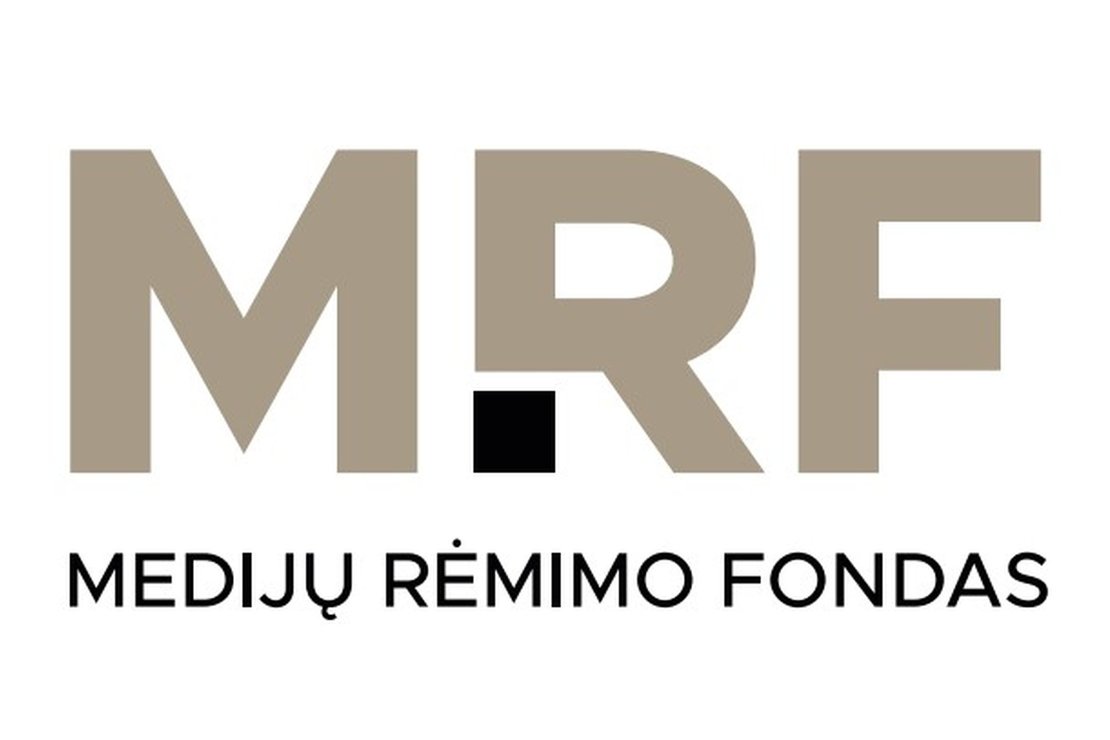Hear the interview by pressing the PLAY button on the website player or listen on the Spotify app:
Snorre Bergerud, the founder of YMIR Audio studio in Vilnius, has produced and/or recorded Garbanotas, Monique, jautì, Justinas Jarutis, Junior A, Angelou, Frank Fitts, No Real Pioneers, Crucial Features, Emilija Karosaitė, Džiugas Širvys, Freaks on Floor, Gabrielė Vilkickytė, Vaida Deksnytė and other local bands and artists. With the records made in the studio, they changed both the sound and attitude of modern Lithuanian music.
Keeping a low profile – he doesn't pose for pictures and rarely does interviews – Snorre lets his work speak for itself. And it does speak. YMIR recordings are recognized both by the power of the sound and by bold creative decisions taken by the artists. The greatest example of the latter may be Monika Pundziūtė-Monique, for whom the studio became a place where she could finally record her songs the way she always wanted to (hear the full conversation with Monika in Lithuanian).
“I try to get people to follow their own instincts as much as possible – I think that is the primary thing that I do", says Snorre in the podcast interview with NARA author Karolis Vyšniauskas.
In an in-depth conversation, which we chose for the first episode of our series The New Scene / Nauja scena, Snorre reflected on the origins of the studio, his philosophy of working with artists and the changes in the Lithuanian music environment in the last decade. As a Norwegian who made Vilnius his home and who wrote his master's thesis at The University of Liverpool on the Lithuanian music industry, Snorre is uniquely positioned for such commentary. And he sees inspiring changes.
“People would say: 'But it’s good enough for Lithuanians'. 'This artist? For Lithuania – It’s pretty good'. People would somehow hold Lithuanian music to a lower standard than they would hold everything else”, Snorre reflects on his first years in Lithuania. “And that always seemed to me like a really destructive way of thinking. I hear much less of it now. Which is good, of course.”
“I try to get whoever I work with to do what they want to do. That might sound like an obvious thing but it actually isn’t in most cases.”
Snorre grew up in a metal scene in Norway – his band She Said Destroy is a fan and critic favorite. But the Lithuanian listeners discovered his work through a dream pop band Rasabasa, which he formed with his partner Rasa Bubulytė and friends Sindre Skeie and Bjørn Holmesland, who all live in Vilnius now. The band is on hiatus after the studio work took over.
Snorre's decision to establish the studio in Vilnius was met with both surprise and skepticism. As he remembered, many Lithuanians asked him why he was doing it here instead of in the UK or Norway. The answer is that he sees positive changes in the Lithuanian music scene, while things in Norway or in the UK have stayed the same.
But there are nuances unique to Lithuania, a young democracy with a national identity that is constantly changing.
“It seems that a lot of people here are as preoccupied with what they don’t want to be as they are with what they do want to be. And I get this a lot when I get artists into the studio”, Snorre continues.
“If they don’t have a very clear idea of their music already, and we start talking about what they wanna do, they will very often rather tell me what they don’t want. 'We definitely don’t want to be like this, we don’t want to sound like that, we don’t want to look like this band or that artist.' It often starts from that side rather than from the opposite side – this is who I am. It’s more like 'This is who I am not.'
That is one of the ways of seeing YMIR audio's role in the local music scene – as a place where a negative identity can be transformed into something positive. Snorre is both an observer and the architect of this change. Without the studio and the community that formed around it, the New Scene project would not be possible.
Hear the full conversation at the player above.
The New Scene / Nauja scena is a series of podcast conversations and articles analysing the changes in the Lithuanian music scene, edited by NARA author Karolis Vyšniauskas. We are going to release new publications every couple of weeks. The podcast episodes and articles will be in Lithuanian or English. The publications from the series will be featured on the NARA podcast feed, NARA website and NARA newsletter. Want to pitch your thinkpiece for this project? Contact karolis@nara.lt with an idea.
-
Buddy €5 mo.
Paminėsime jūsų vardą naujame NARA podkasto epizode ir pakviesime jus į uždarą NARA bendruomenės feisbuko grupę. Norime sukurti saugią bendravimo erdvę.
-
Penpal €10 mo.
Atsiųsime jums atviruką su NARA fotografų daryta nuotrauka ir padėka.
(+) visa kita, kas išvardyta viršuje -
Helpmeet €30 mo.
Norime su jumis pasimatyti. Visus, prisidedančius šia suma, kviesime į susitikimą pasikalbėti apie žurnalistiką ar kitą mums ir jums įdomią temą.
(+) visa, kas išvardyta viršuje -
Patron €100 mo.
Padovanosime jums pasirinktą spausdintą didelio formato fotografiją iš NARA kolekcijos ir padėkosime jums kiekviename podkasto epizode. Lai jūsų indėlis būna matomas.
(+) visa, kas išvardyta viršuje








